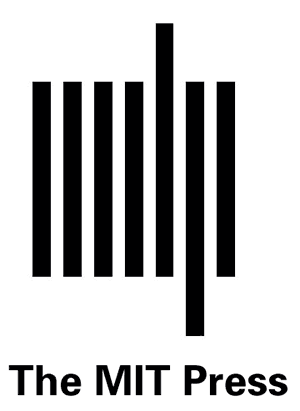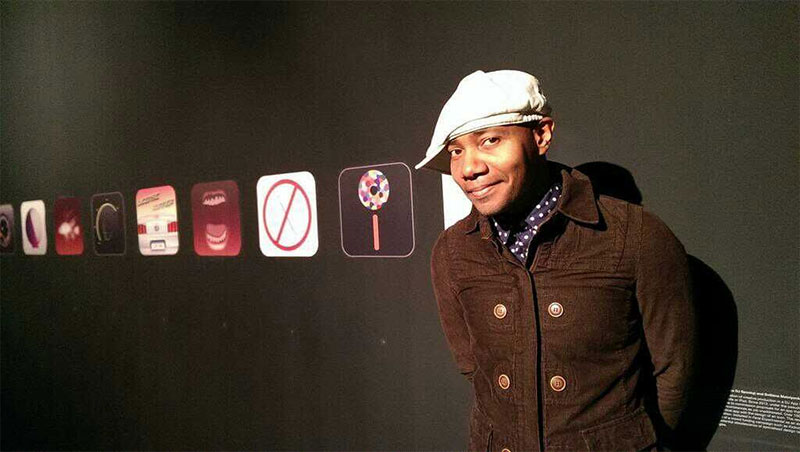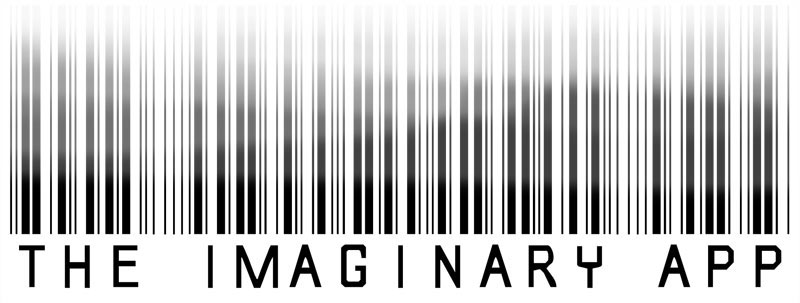THE
IMAGINARY
APP
A new book about Apps and the way they have changed everything! Featuring essays and articles by writers, artists, and theoreticians.
Anthology Edited By Paul D. Miller aka DJ Spooky and Svitlana Matviyenko
// PURCHASE HERE
Read the Book Prospectus [pdf]
Read the MIT Press Release [pdf]
Get in touch at theimaginaryapp@gmail.com
Press materials HERE

Read the Hidden Chapter:
Data Driven:
The Map is Not the Territory
On the 10th Anniversary of Google Maps
Dialog between Paul D. Miller and Noel Gordon, one of the
primary inventors of Google Maps on the 10th Anniversary of Google Maps.
FEATURING contributions by
Benjami Brattton // Søren Pold and Christian Ulrik Andersen // Patricia Ticineto Clough // Robbie Cormier // Stephen Wolfram // Nick Srnicek // Dock Currie // Eric Kluitenberg // Anna Munster // Nick Dyer-Witherford // Vincent Manzerolle and Atle Mikkola Kjosen // Dal Yong Jin // Steven Millward // Lev Manovich // Thierry Bardini // Drew Burk // Dan Mellamphy and Nandita BISWAS Mellamphy // Scott Snibbe // Ryan and Hays Holladay (BlueBrain)
 Paul D. Miller aka DJ Spooky
Paul D. Miller aka DJ Spooky |
|
 Svitlana Matviyenko [bio]
Svitlana Matviyenko [bio] |
Echo and Effect: Sounding Turing’s Cathedral
By Paul D. Miller aka DJ Spooky
What exactly is an app? There’s a vast distance between the what’s plausible and what’s possible. The measurement between the two is what this collection of essays explores. The exponential growth of apps has unleashed a huge wave of creativity - at heart, the way app's function has fostered a revolution in almost all aspects of creativity from the ground up. As of this writing the iPad has only been out two years and yet Apple has had over 45 billion apps downloaded, and most of them in 2012. That’s more than the sum of words humanity has generated in our entire existence as a species, and dwarfs the amount of stars in the sky. That’s some serious memory... In one of the most prophetic observations of the 20th century, Alan Turing quipped in 1936 that “It is possible to invent a singe machine which can be used to compute any computable sequence.” Apps have inherited the emergent patterns of complexity that Turing anticipated.
Apps on one hand are the end result of the engineers and mathematicians who midwifed America’s Post World War II technological order - but they are uniquely purposed to end-user purposes. As a conduit for digital information to invade every aspect of modern life, they are scripts that link the way we search for small software solutions to things that we once took for granted, to the larger issue is facing a hyper networked society on the precipice of total immersion in digital culture. At this point in the evolution of digital media, a song is basically a lot of zero's and ones. So is an app. The codified architecture of the way these scripts interact with mobile devices, and in return condition everything from the way we search for movies to the occasional foray in the darker realms of everything from encrypted info dumps like Wikileaks App being banned from the iTunes App store. The App store is such a closed environment, but with sites like Cydia you can easily re-route and jailbreak your iPad and iPhone to move away from the approved apps like “Wiki offline lite - a Wikipedia experience” to more dynamic software.
The processors in every tablet, iPad, laptop, cell phone, and router can still be traced back to some of the debates between John Von Neumann and Alan Turing, Lady Ada Lovelace and Charles Babbage, al-Khwarizmi and Stephen Wolfram... The list goes on. "The Imaginary App" will explore some of the dynamic tensions between their approaches from a modern point of view where sampling and using "found" sources like apps have converged in theory and in practice.
Martin Heidegger once wrote in his 1954 text “The Question Concerning Technology” (Die Frage nach der Technik) that his essays were a collection of thoughts on what he simply called an "Insight into What Is." The Imaginary App looks for counter-points in the algorithmic architecture of the way apps have shaped the emergent patterns of digitality in a 21st century context. Where Heidegger could write in theory about the rapidly evolving world of technology, only a short time later, John Von Neumann could seriously say of his computer inventions: “What we are creating now is a monster whose influence is going to change history, provided there is any history left.”
Think of this essay as a “jailbroken” cellphone in the middle of a new update that pulls into an allusion of a transcendent and unique theme in modern life. That is what The Imaginary App evokes. This anthology comprises some of the best thinking about the possibility of Apps. I invite you to use a haptic sensibility to explore the immaterial and ethereal realms it evokes.
Enjoy!
Paul D. Miller
Follow on Twitter:
http://twitter.com/djspooky
http://twitter.com/svitlanax
|

